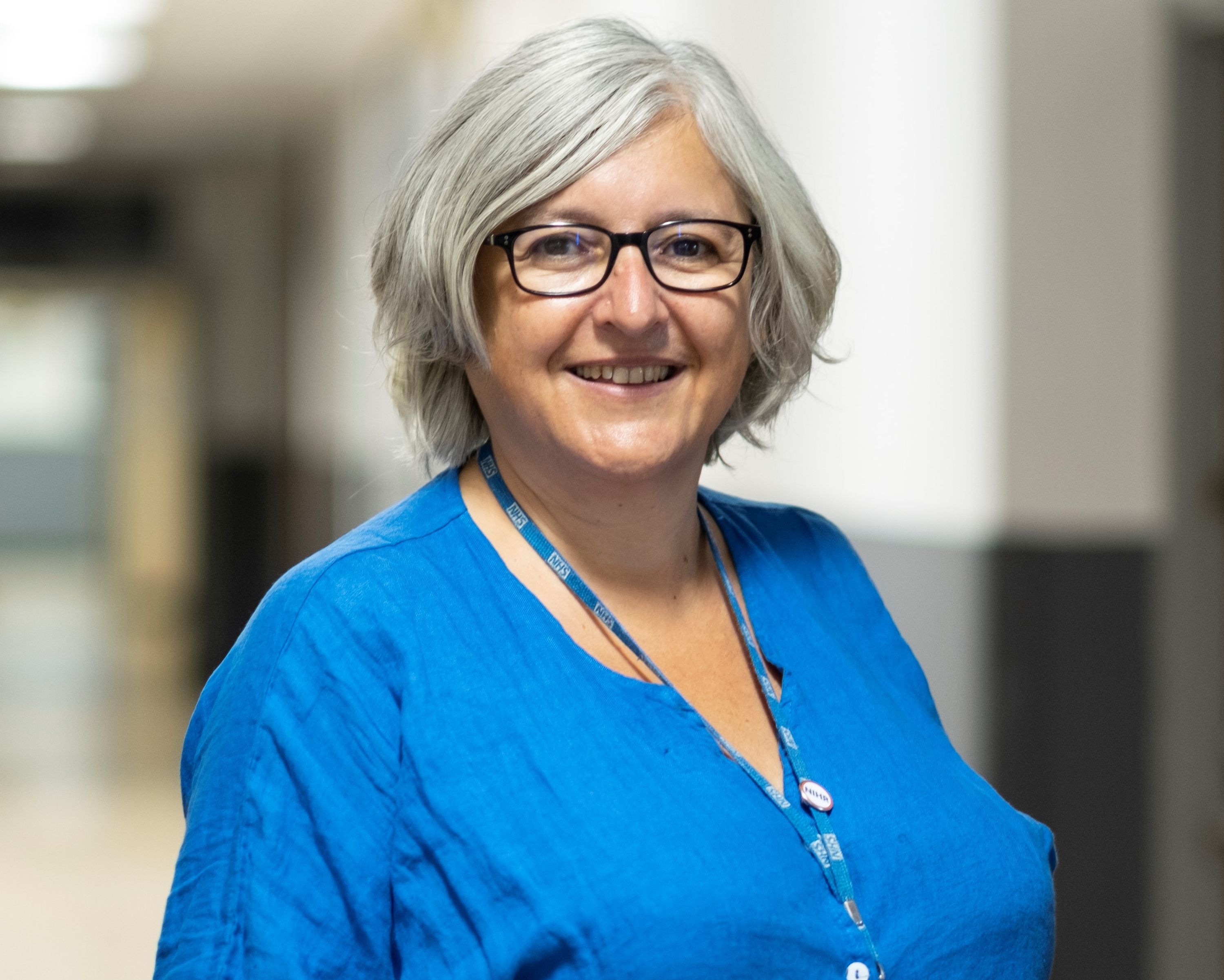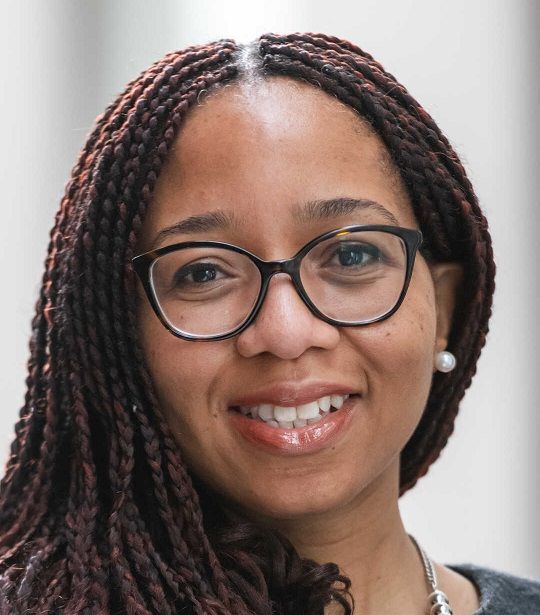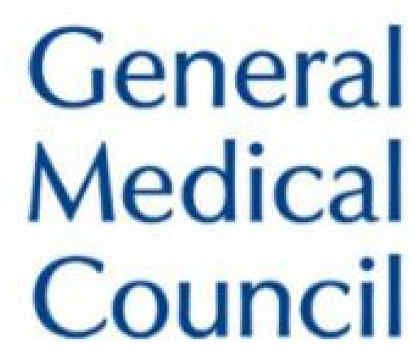RESEARCH: TRANSLATIONAL THERAPEUTIC RADIOGRAPHY
 How did you get into research?
How did you get into research?
I was appointed a research radiographer in 2000. This role gave me my first real taste of research; I was working closely with lead clinicians, research fellows and physicists to implement intensity modulated radiotherapy (IMRT). This role enabled me to complete a part time PhD at the Institute of Cancer Research in 2011. The thesis investigated methods to compensate for patient and tumour motion in prostate and lung cancer. In April 2019, I was awarded an HEE/NIHR senior clinical lectureship which allows me to combine clinical research and research leadership with continued clinical practice and professional development. The aim of this research is to deliver radiotherapy using real-time treatment planning by redeploying the radiotherapy workforce to create an optimal patient pathway.
What do you enjoy about research?
I really enjoy the multi-disciplinary aspect of what I do; approaching a problem in a team and hearing the different aspects from each profession. I enjoy talking to the patients about a trial and seeing how the research leads to improvements in patient care. I also really enjoy the variety and the fact that I continue to learn about new developments, teaching others and learning together how to improve the technology and or workflows.
What was the most difficult aspect of doing your PhD?
I did my PhD part-time which in one sense was difficult but it allowed more time to recruit patients into the trials. I found it really difficult to keep going when things didn’t work out as I had expected, but it was incredibly rewarding when I realised that it did! I also found writing my thesis very challenging initially, however I was incredibly well supported by my academic supervisors.
What difference has your research training and experience made to your career?
I gained a lot of experience in research during my 20 years in my research radiographer role which I can pass on by mentoring and supervising radiographers doing research at the Royal Marsden and also outside the Trust. It has also enabled me to contribute to national guidelines, I co-chaired the National Cancer Action Team
National Radiotherapy Implementation Group which published the report: ‘Image Guided Radiotherapy - Guidance for Implementation and Use’ (2012), and also the update in 2020. I teach at national and international courses on image-guided radiotherapy. I am still based in the radiotherapy department which is very important to me as it allows me to work closely with my clinical radiographer colleagues, bounce ideas off one another and critically appraise new developments.
How has research changed your clinical practice?
My previous research activities were centred on assessing techniques to improve accuracy and precision of radiotherapy delivery. Much of my work has established a baseline for future research and underpins the translation of multiple novel key technologies into the clinic to improve patient outcome and care.
What has made a difference to progressing your research career?
The many colleagues who have encouraged me and supported the research I’ve undertaken, from clinical colleagues from all professional disciplines through to academic supervisors and mentors.
Where do you see your clinical academic career going over the next five years?
The HEE/NIHR senior clinical lectureship will run for five years during which I will hopefully lead the UK and internationally with the decision processes and the required training to deliver adaptive radiotherapy. I aim to create a clinical academic career pathway at RMH and ICR.
Dr Helen McNair, Research Lead Radiographer/ HEE/NIHR senior clinical lecturer, Royal Marsden NHS Foundation Trust and Institute of Cancer Research helen.mcnair@rmh.nhs.uk
To download Helen's case study please click here: Helen McNair
Useful links
Contact us
The CATO Team and Radiographers Incubator work on a Hybrid model, combining days in the office with days working from home – the best way to reach us is by email.
cato@imperial.ac.uk
radresearch@imperial.ac.uk
+44 (0)20 3313 7397



